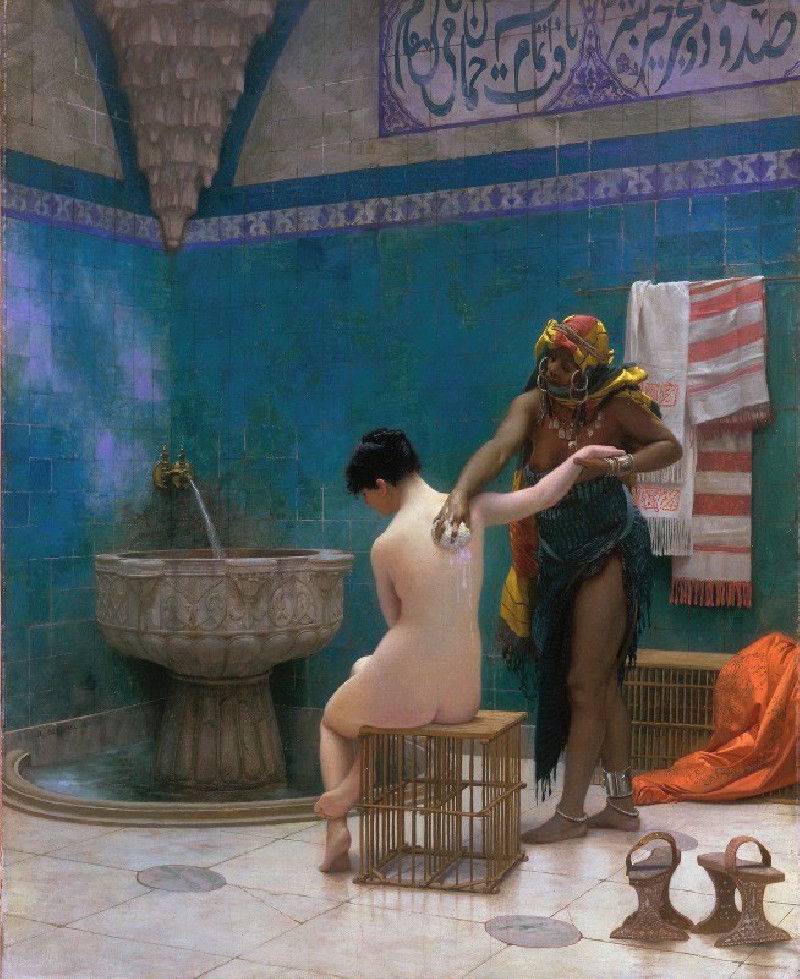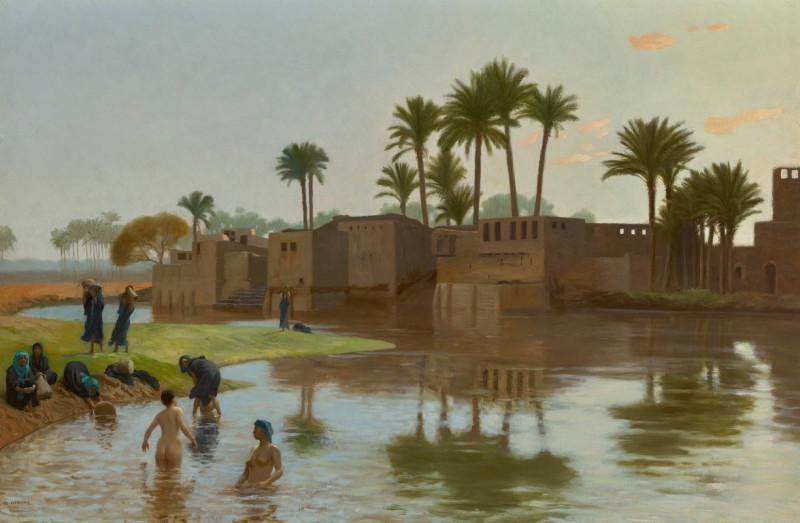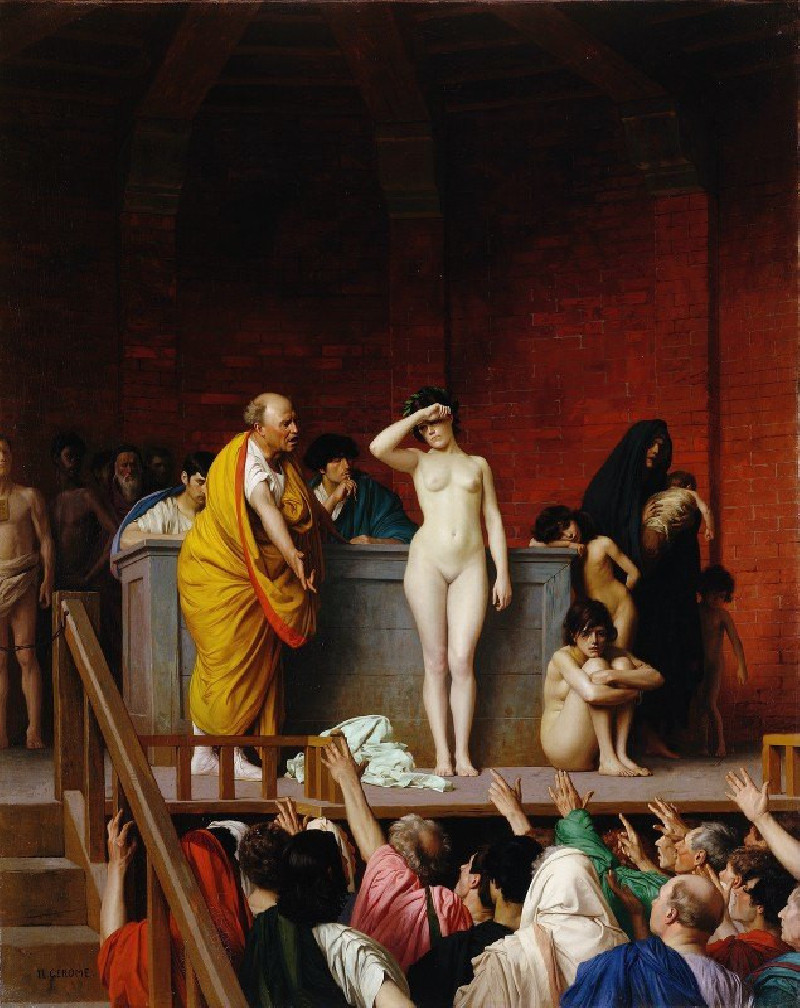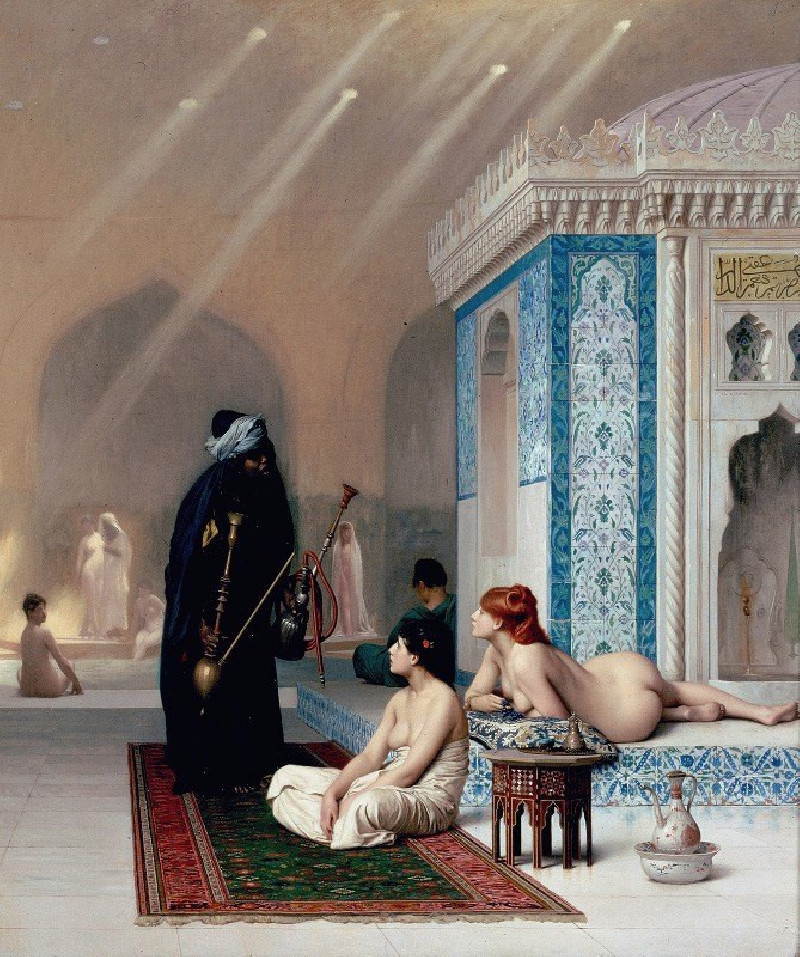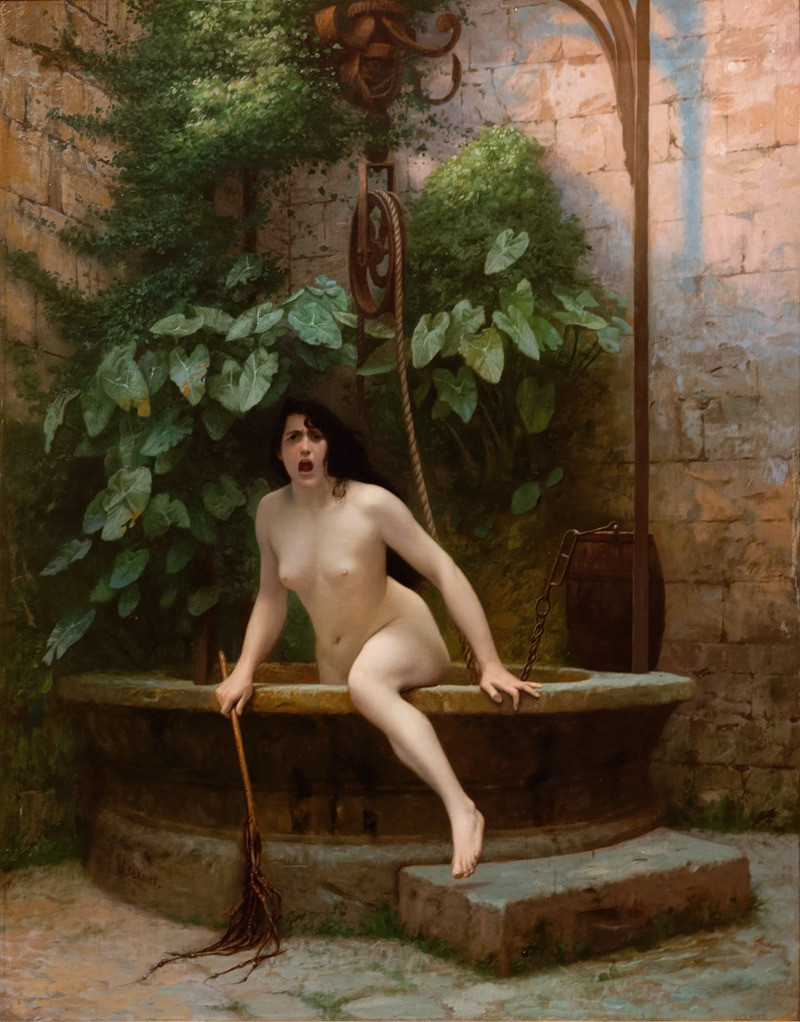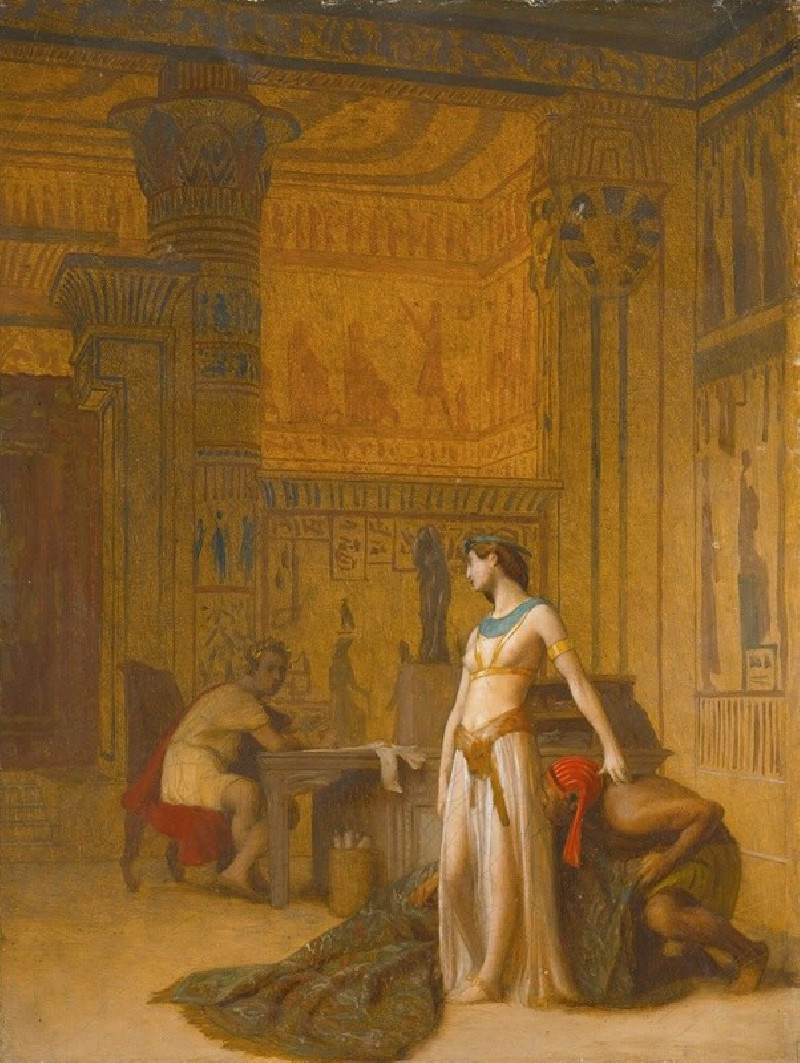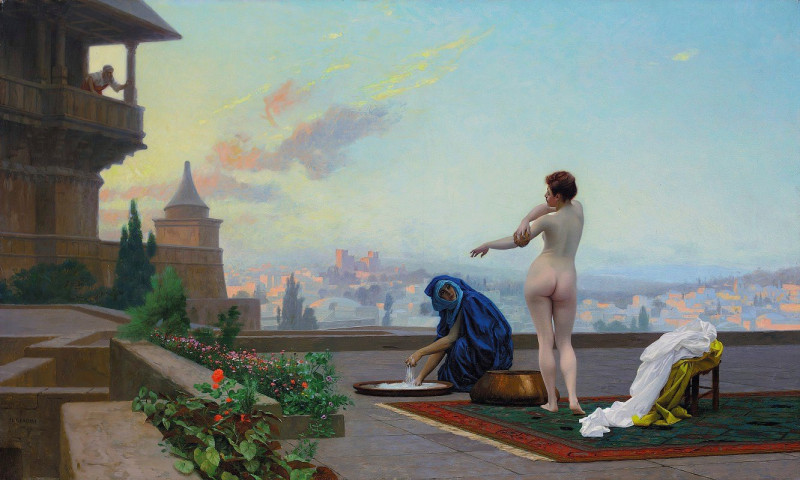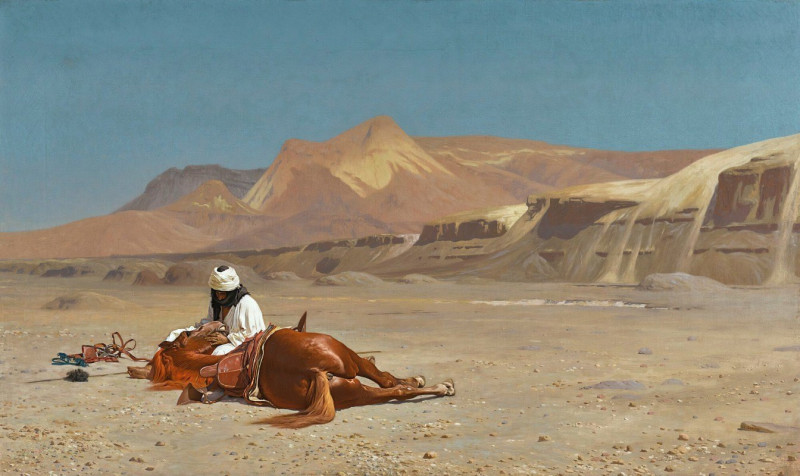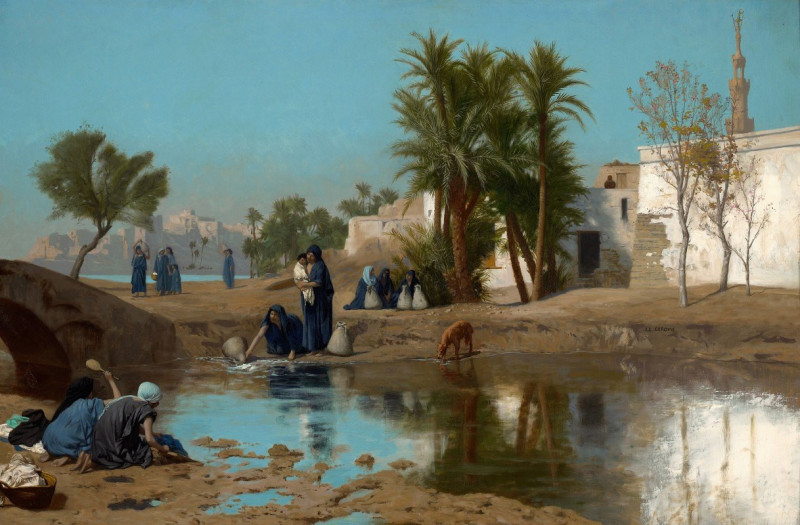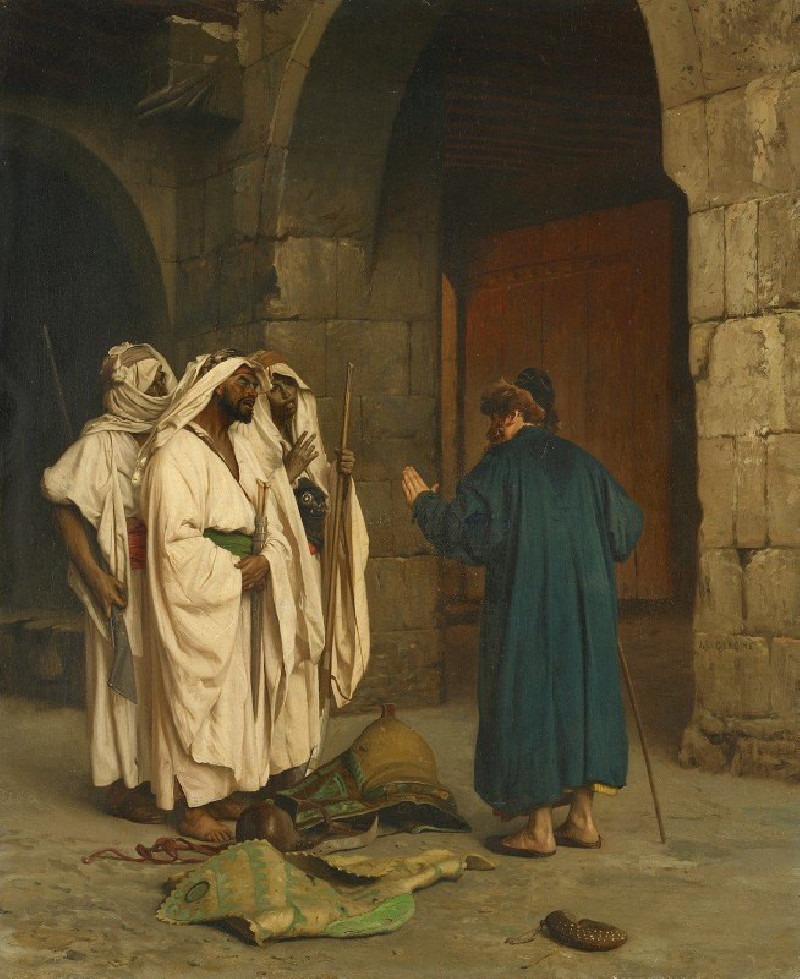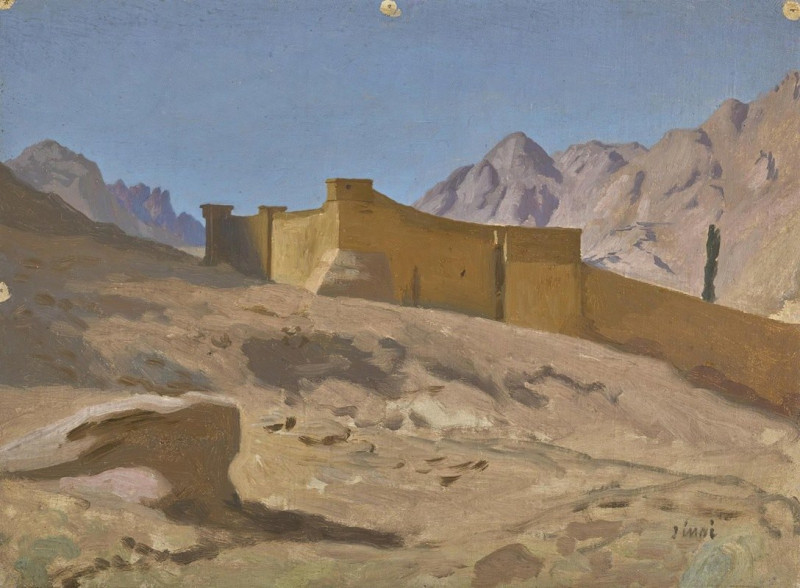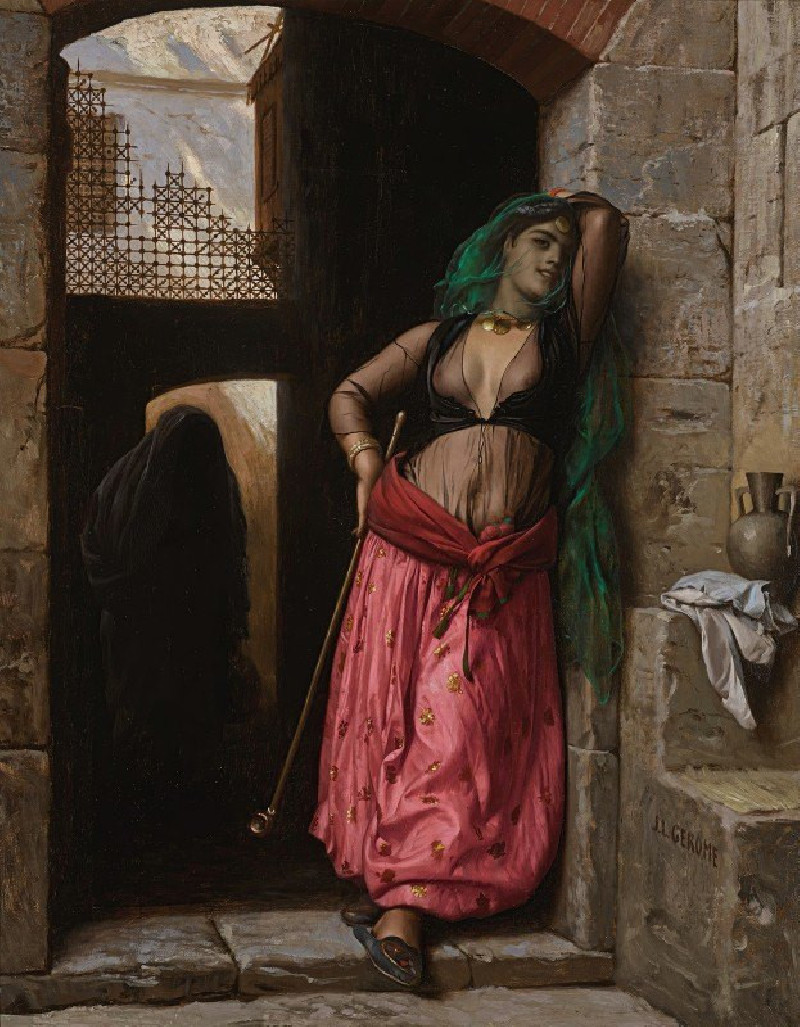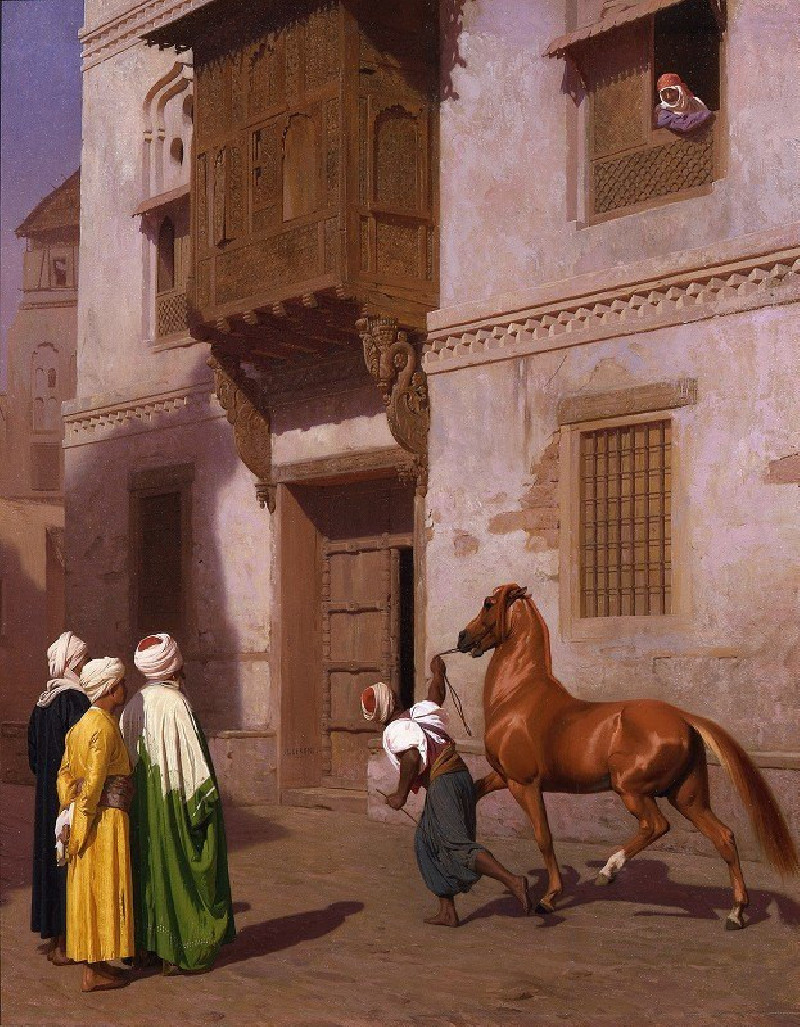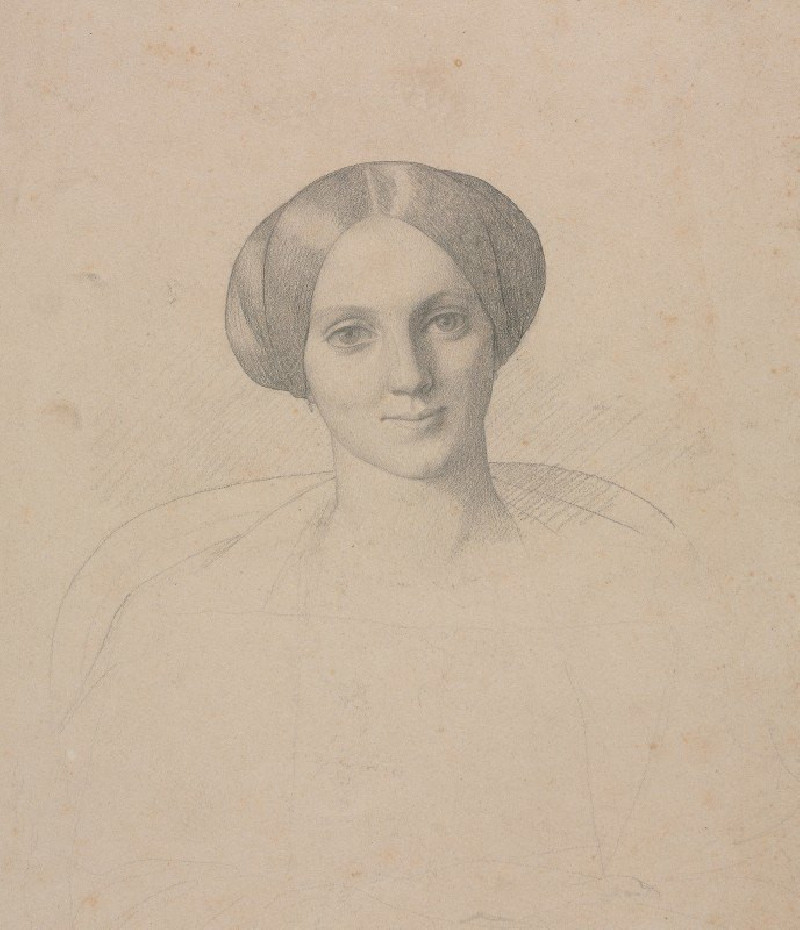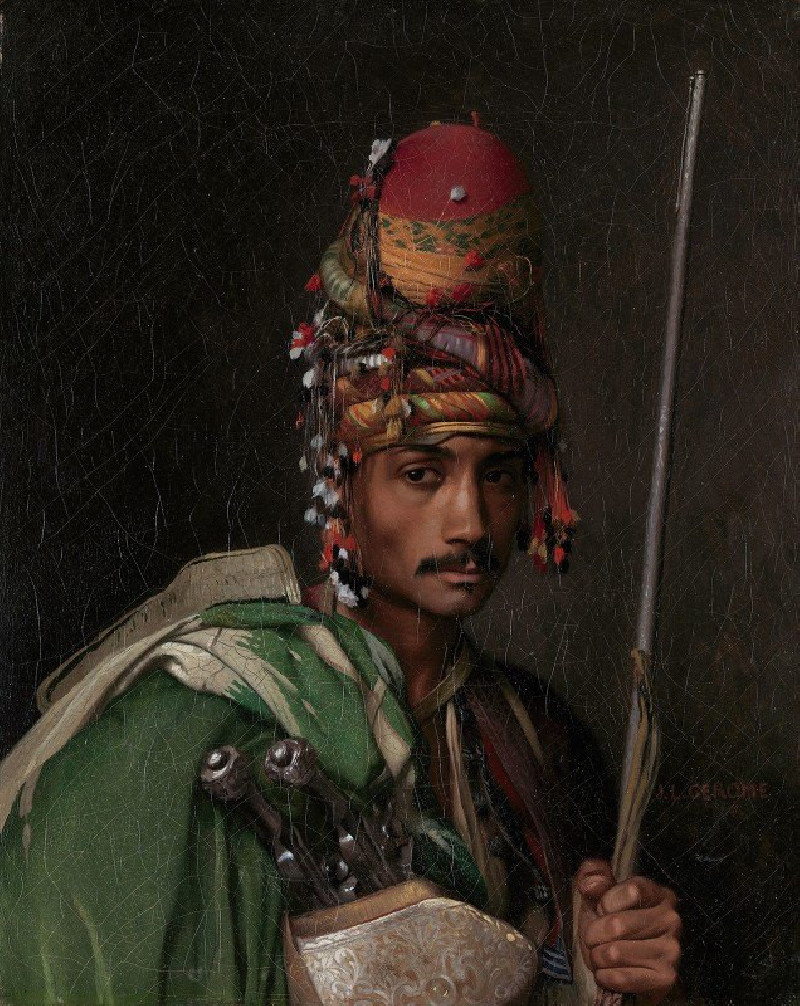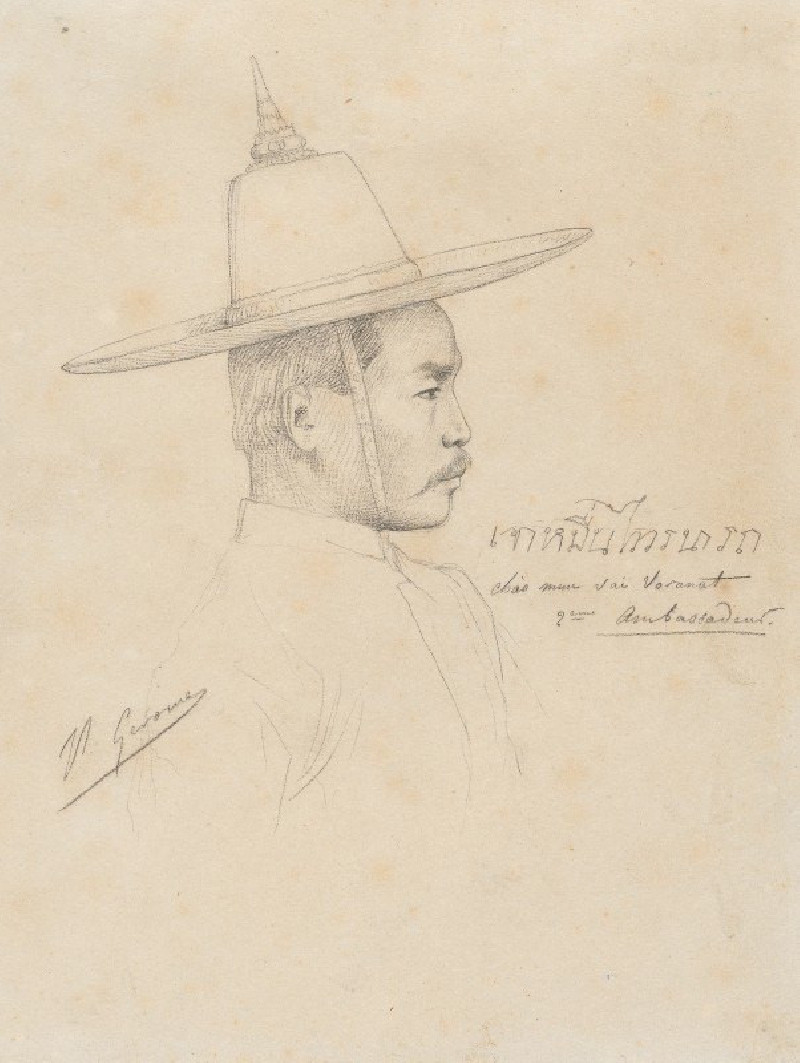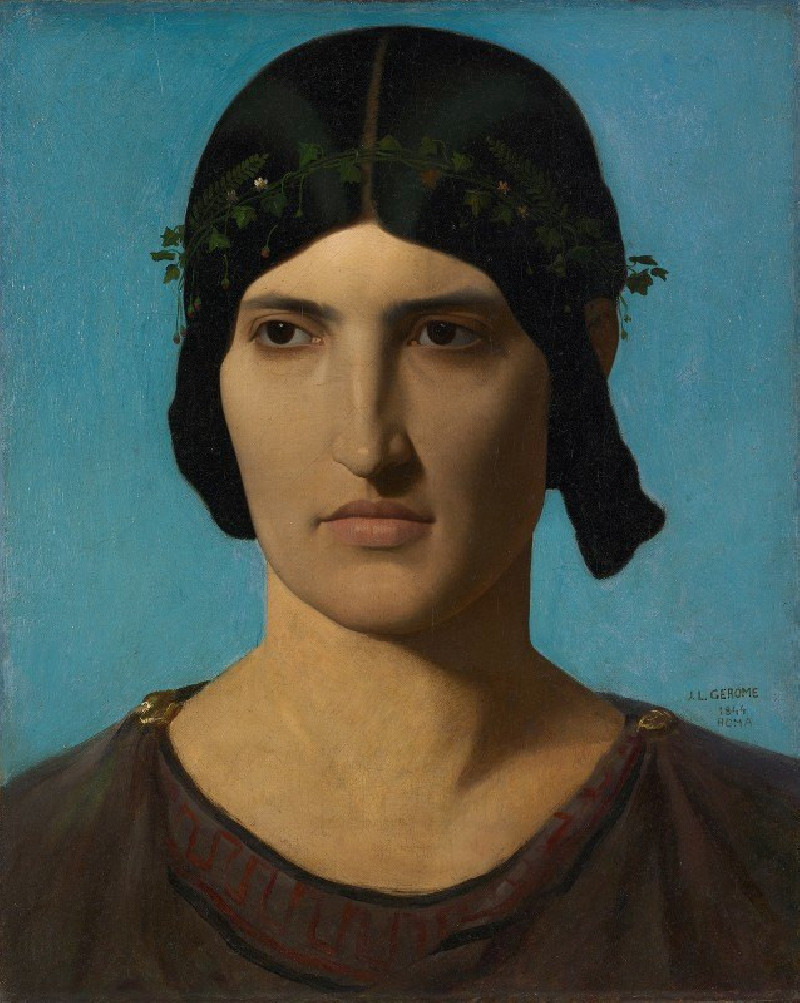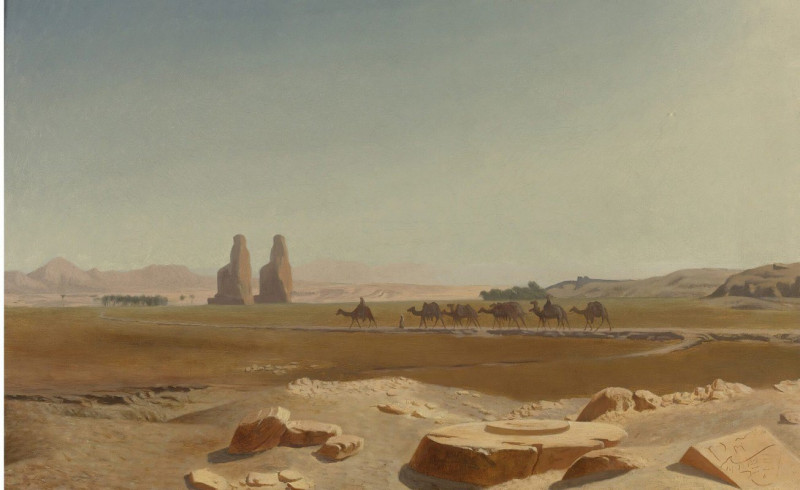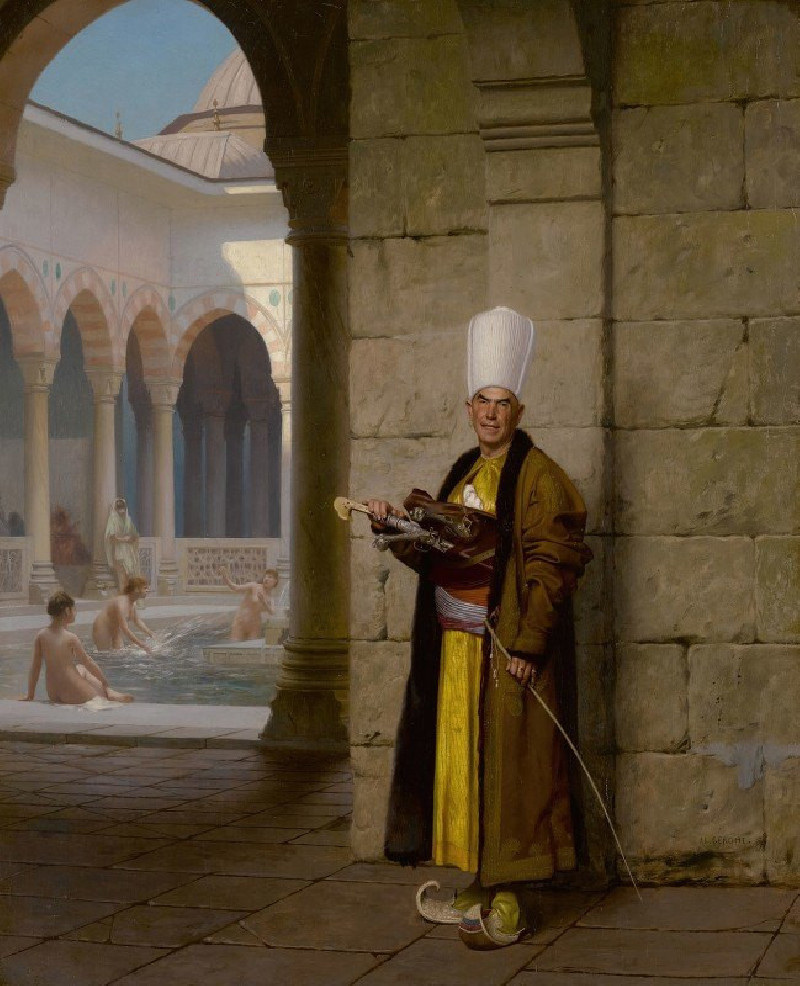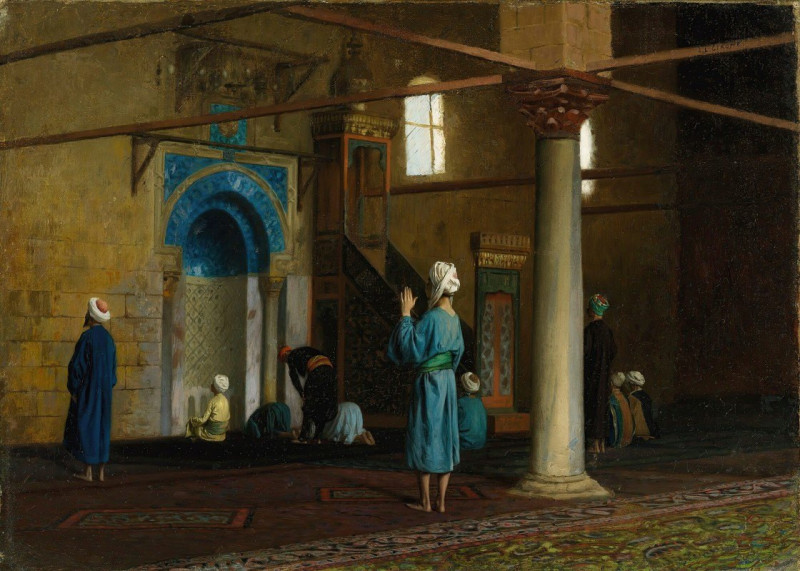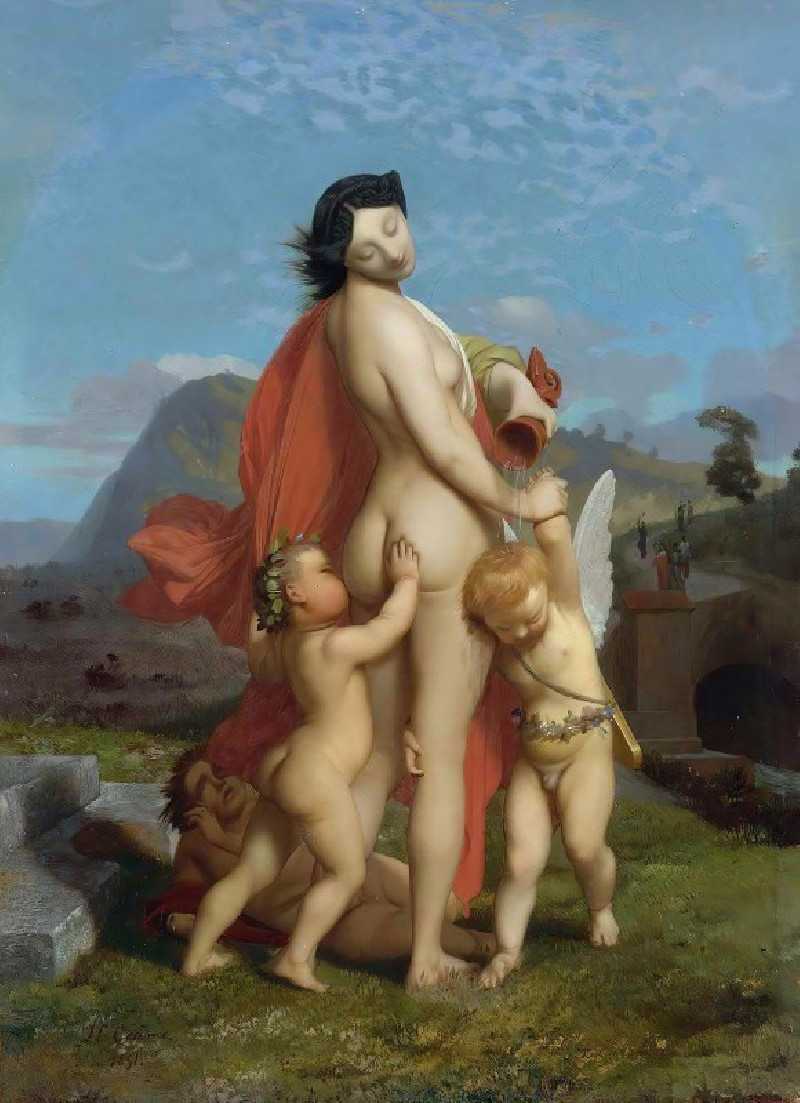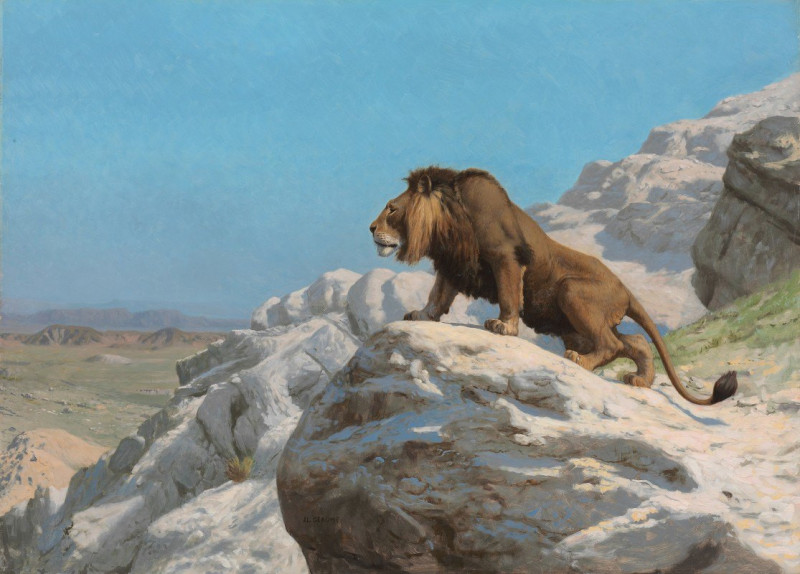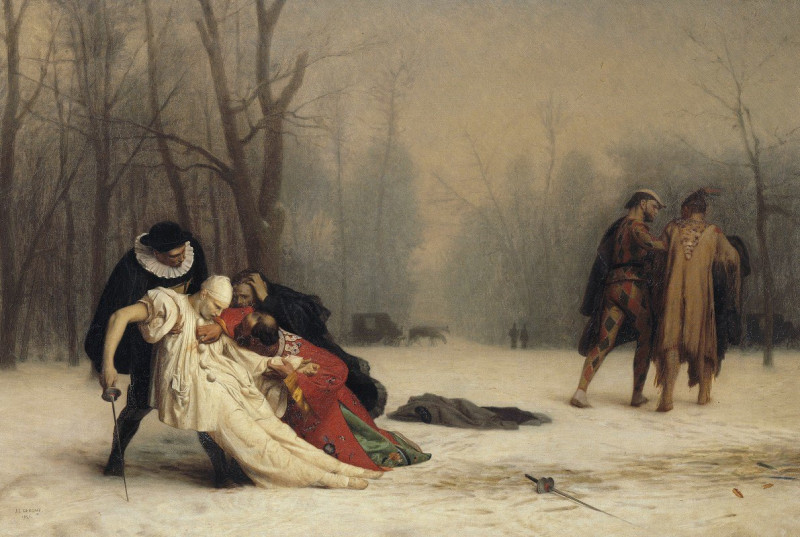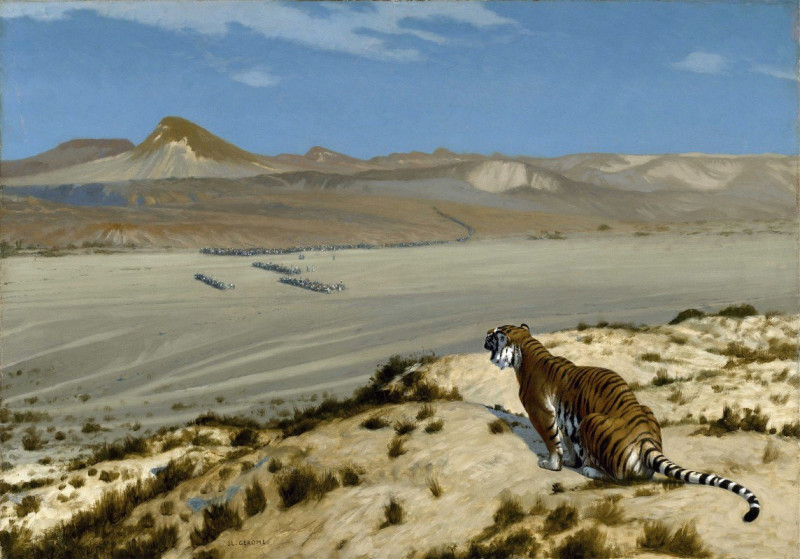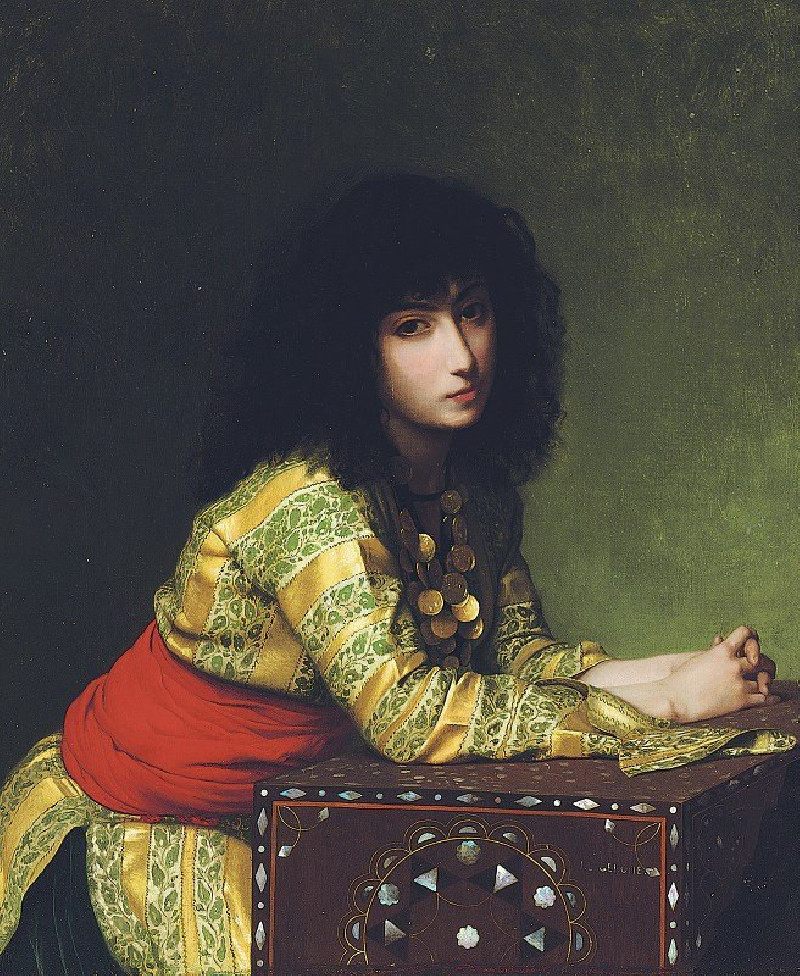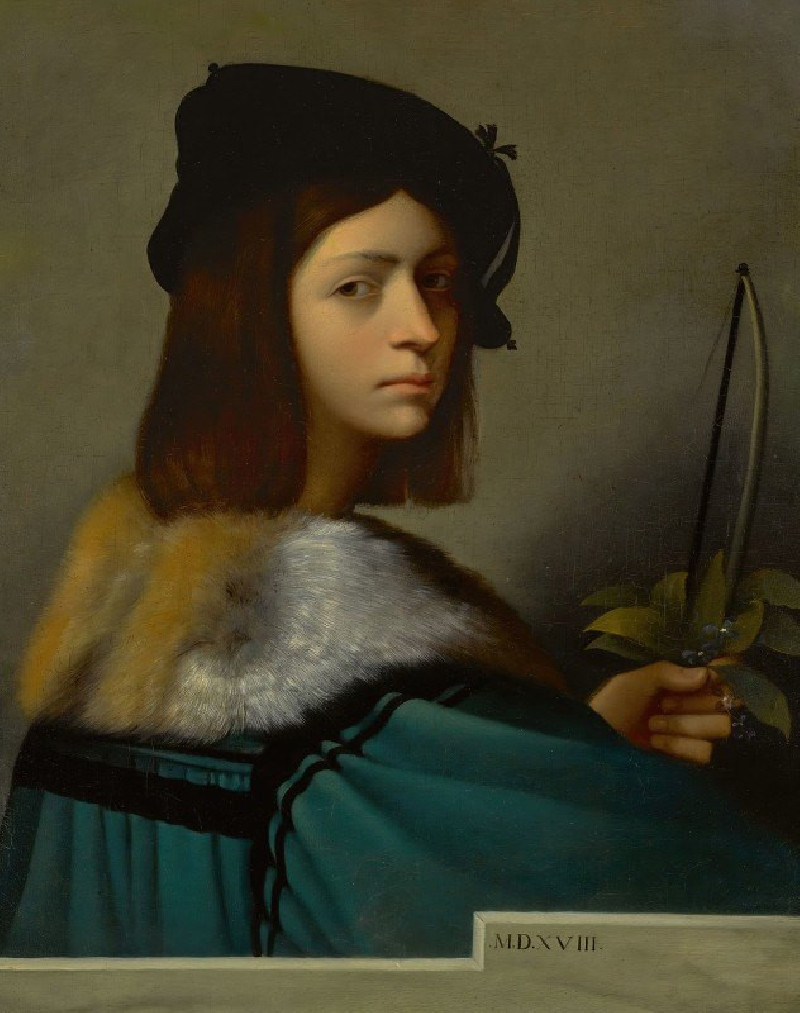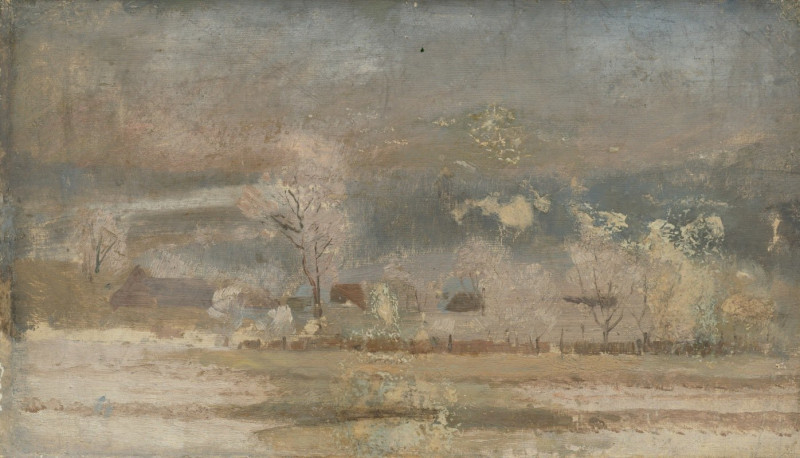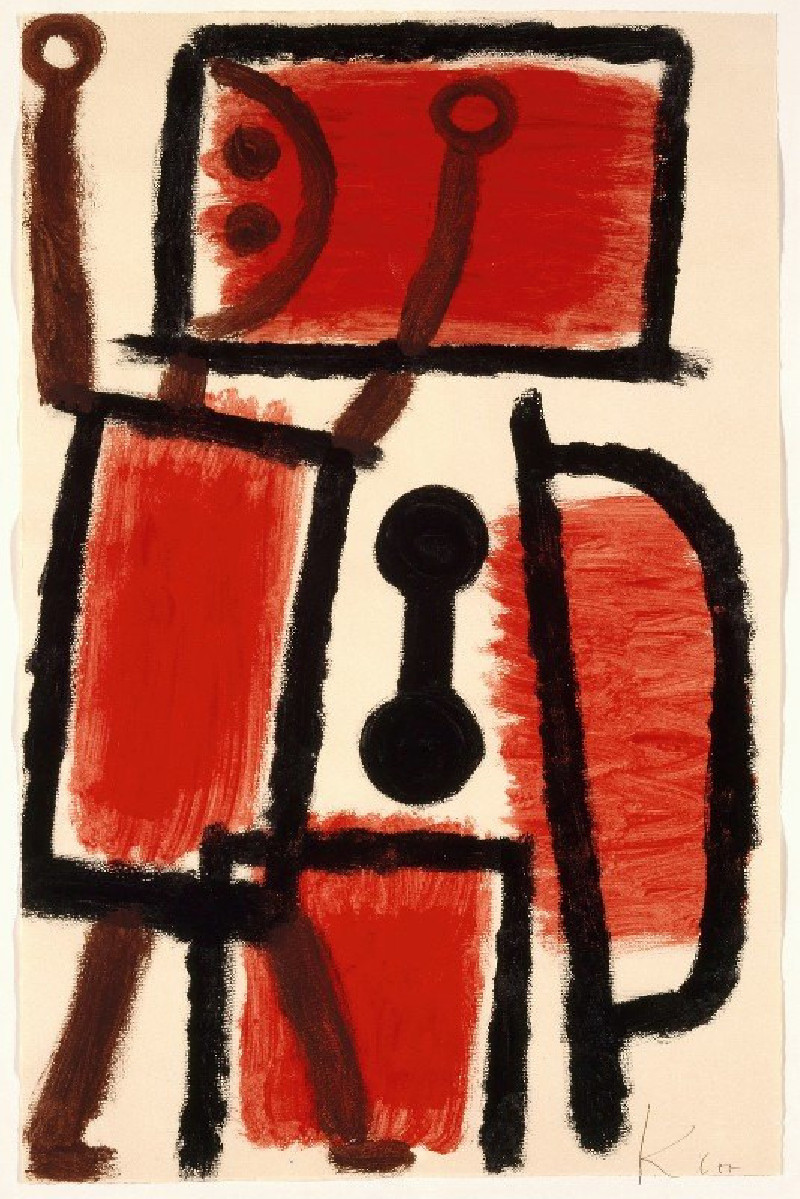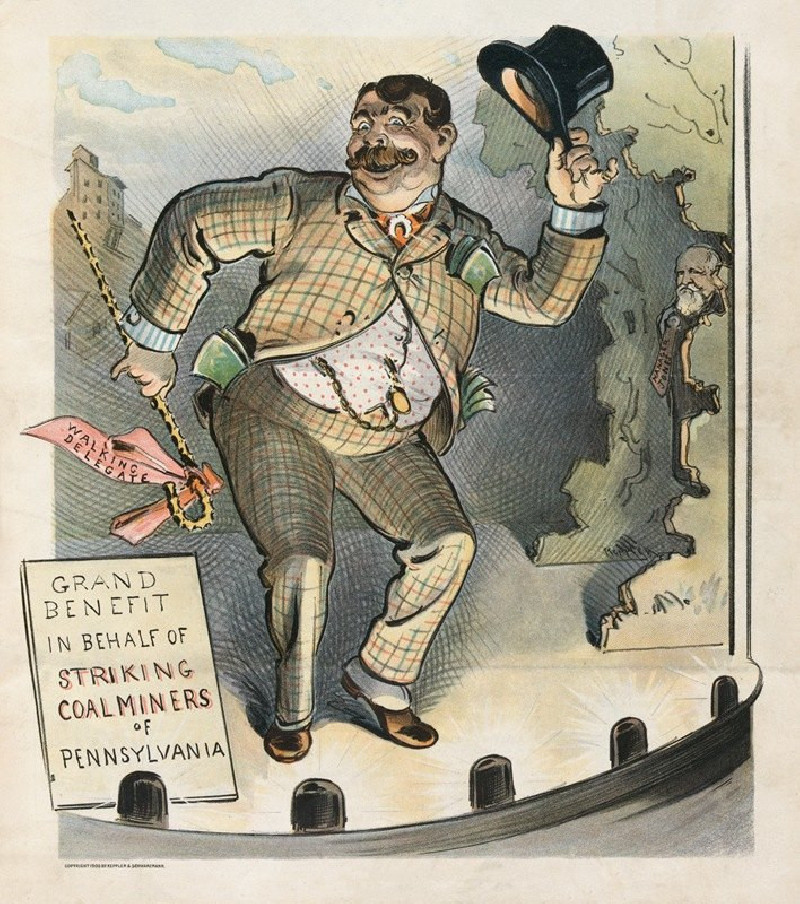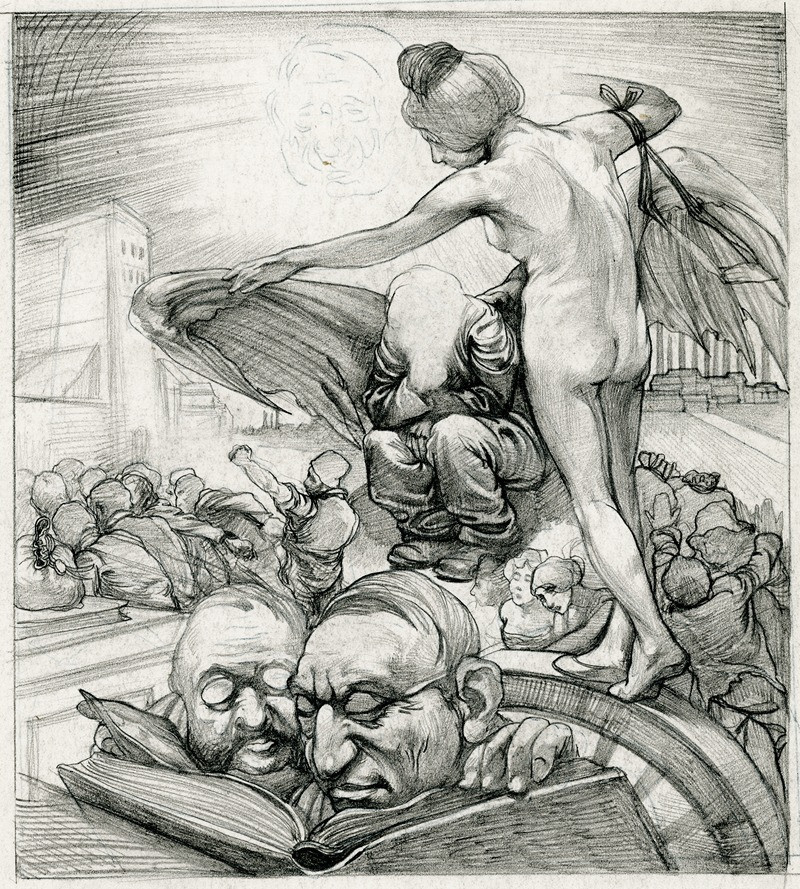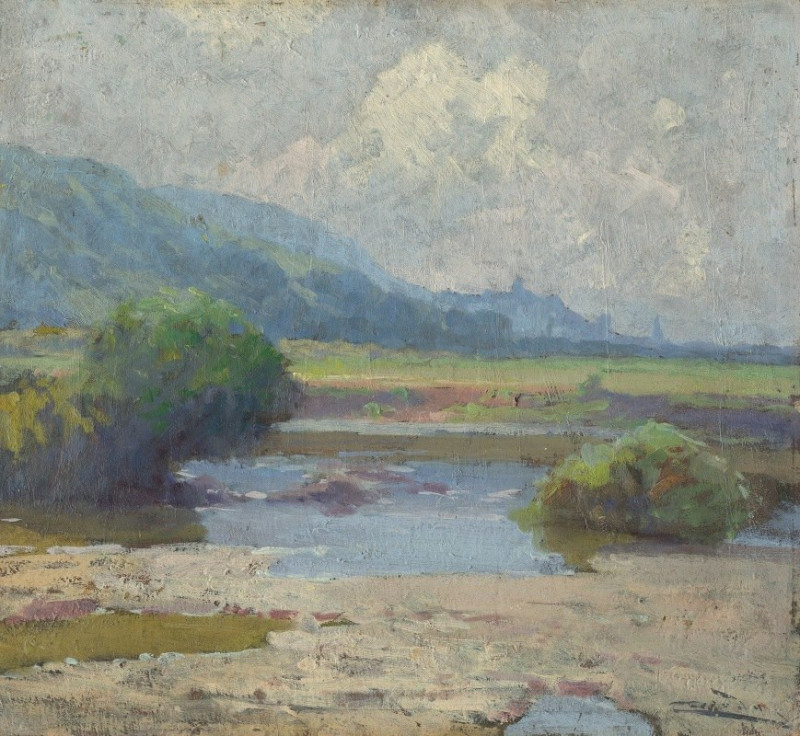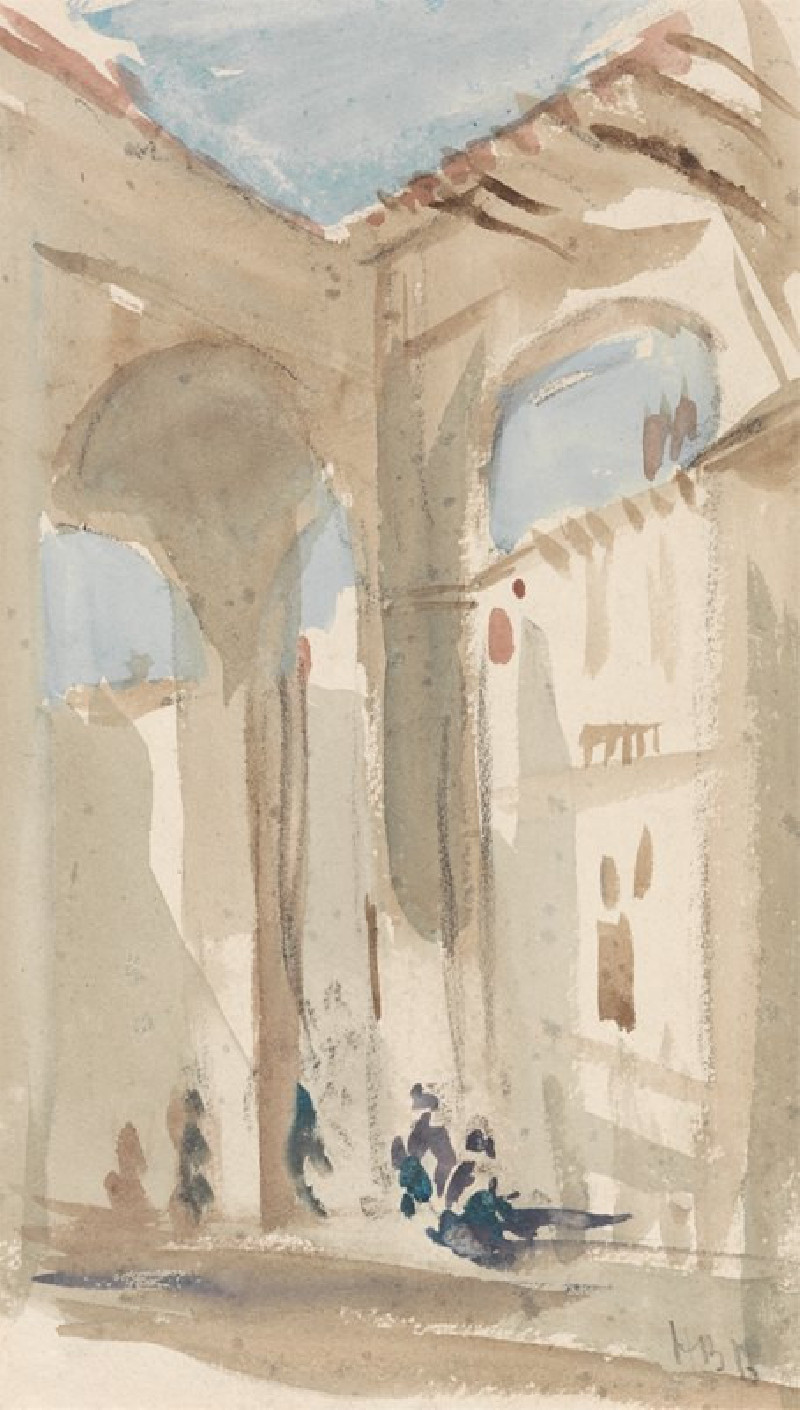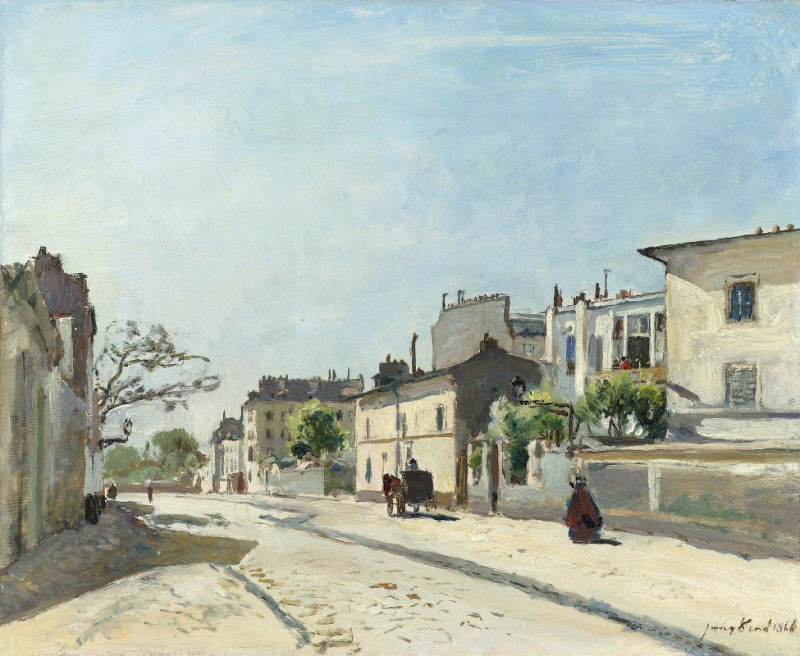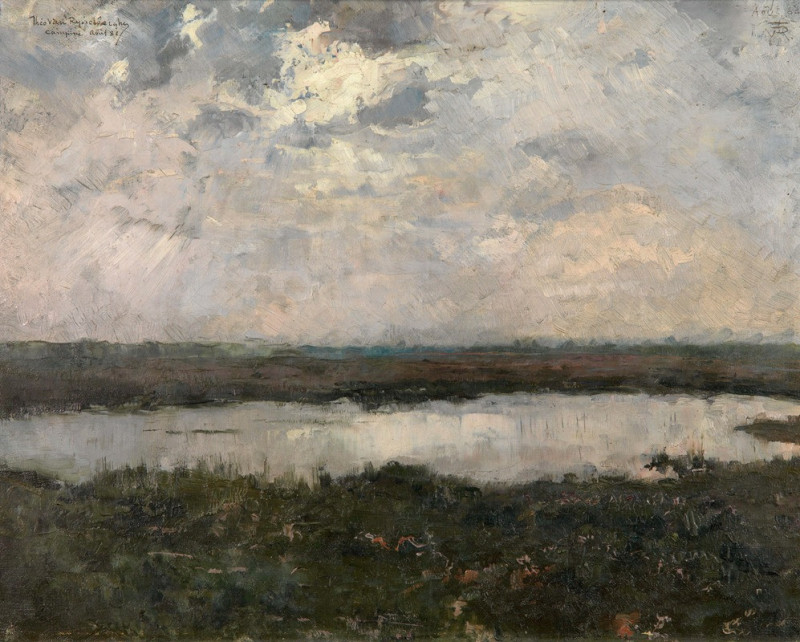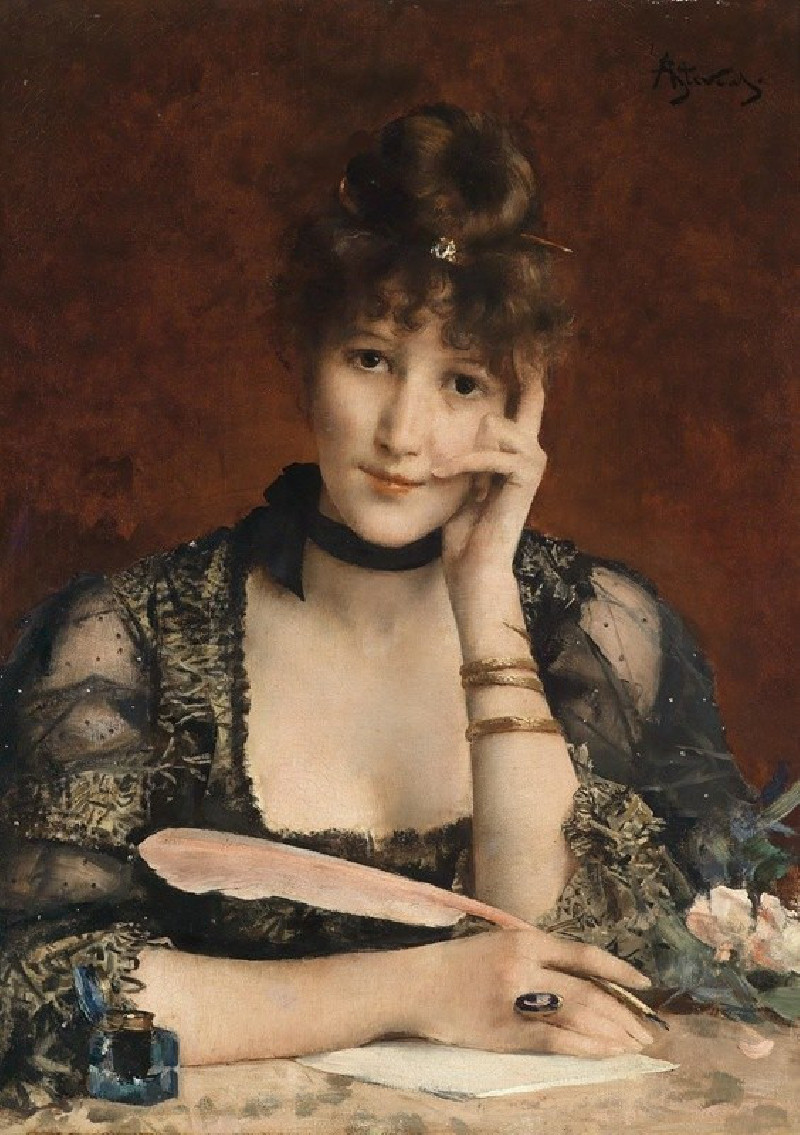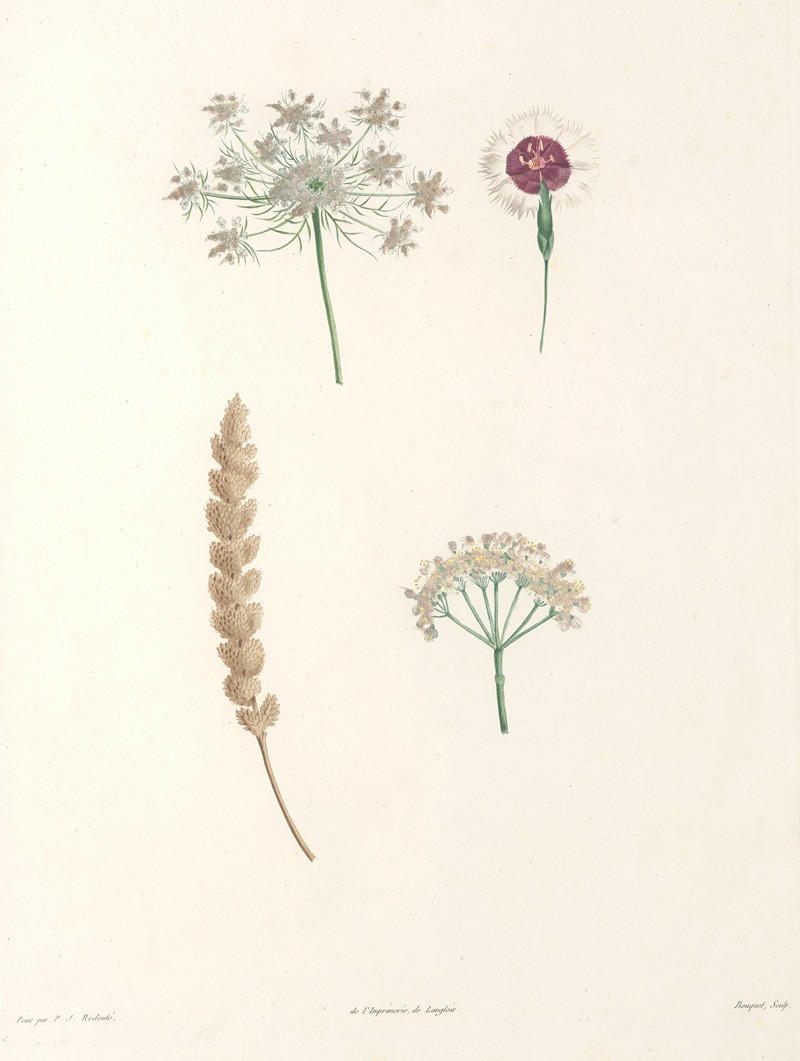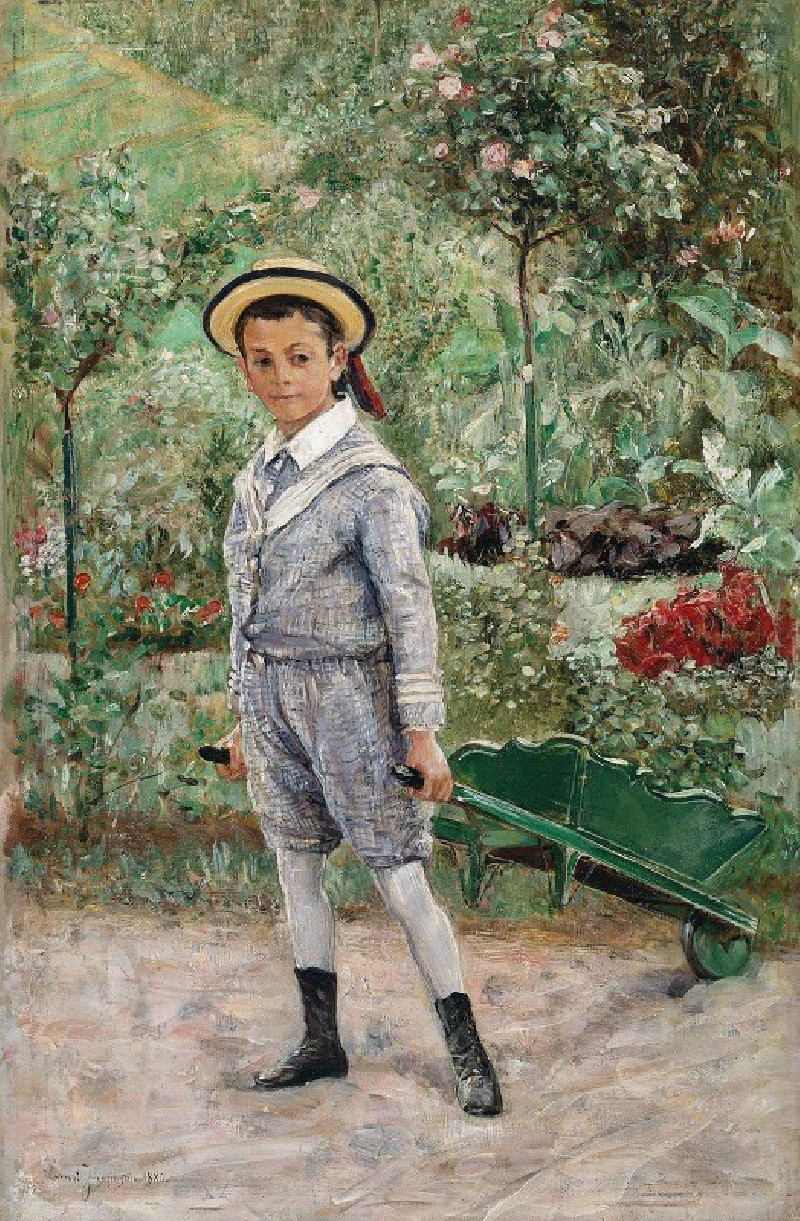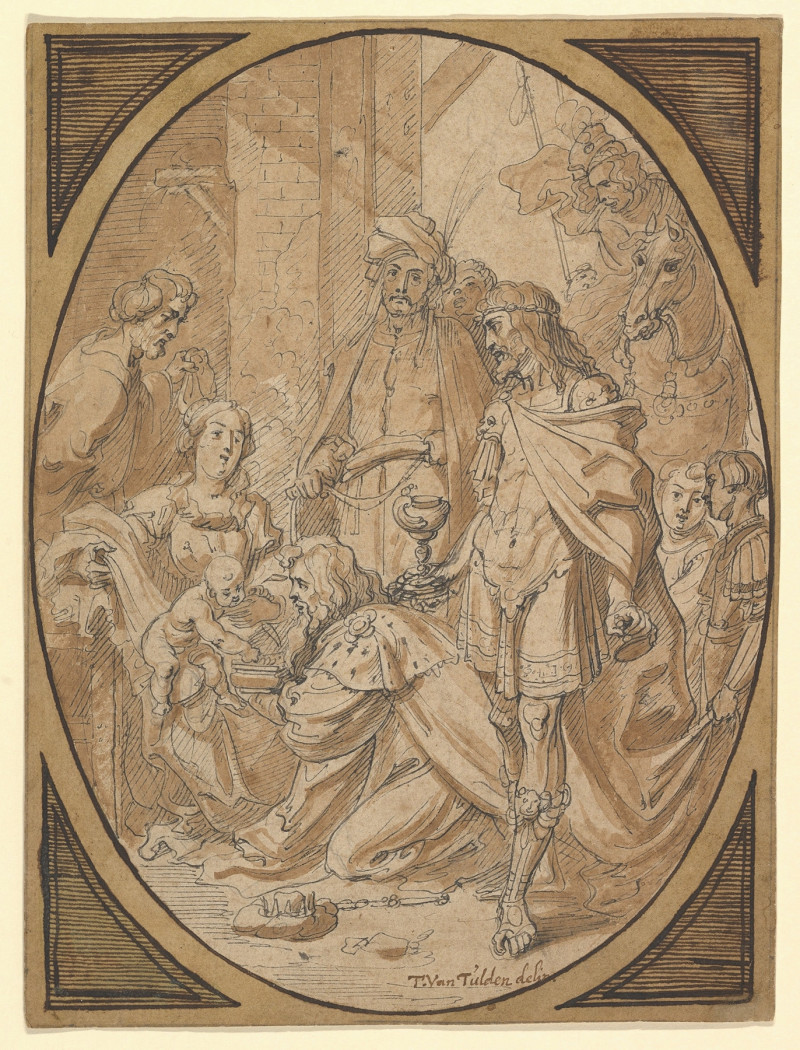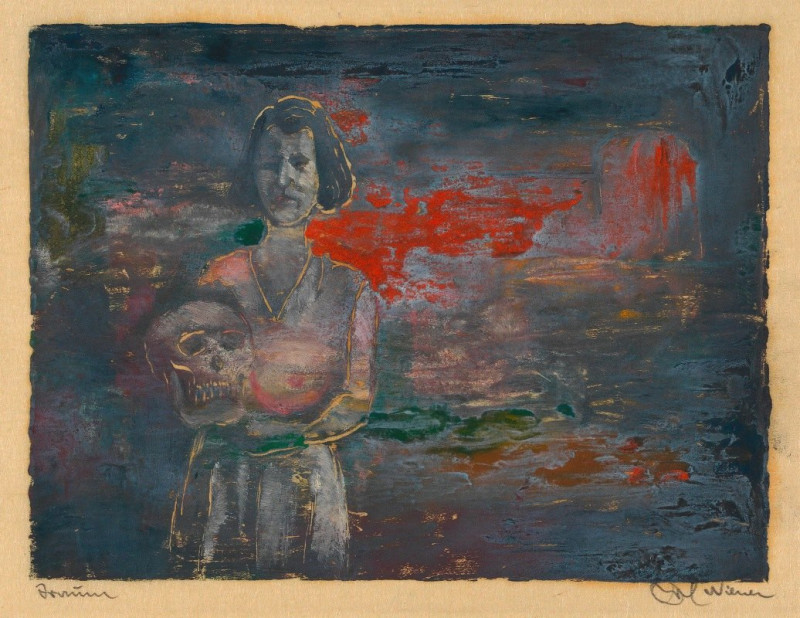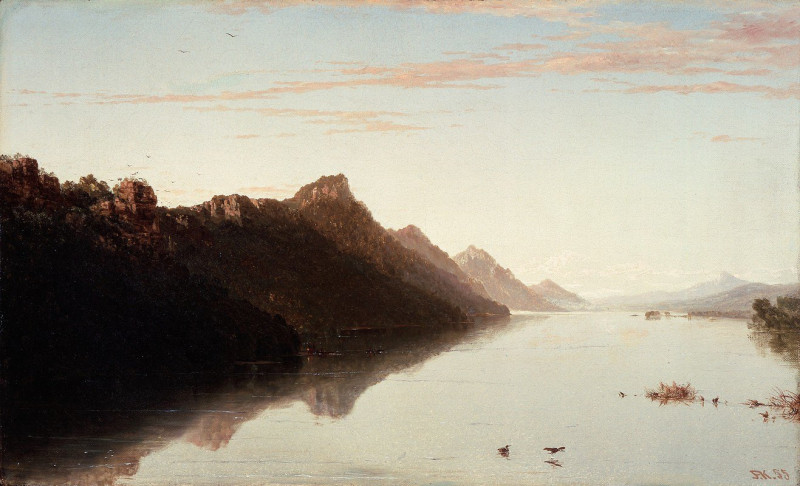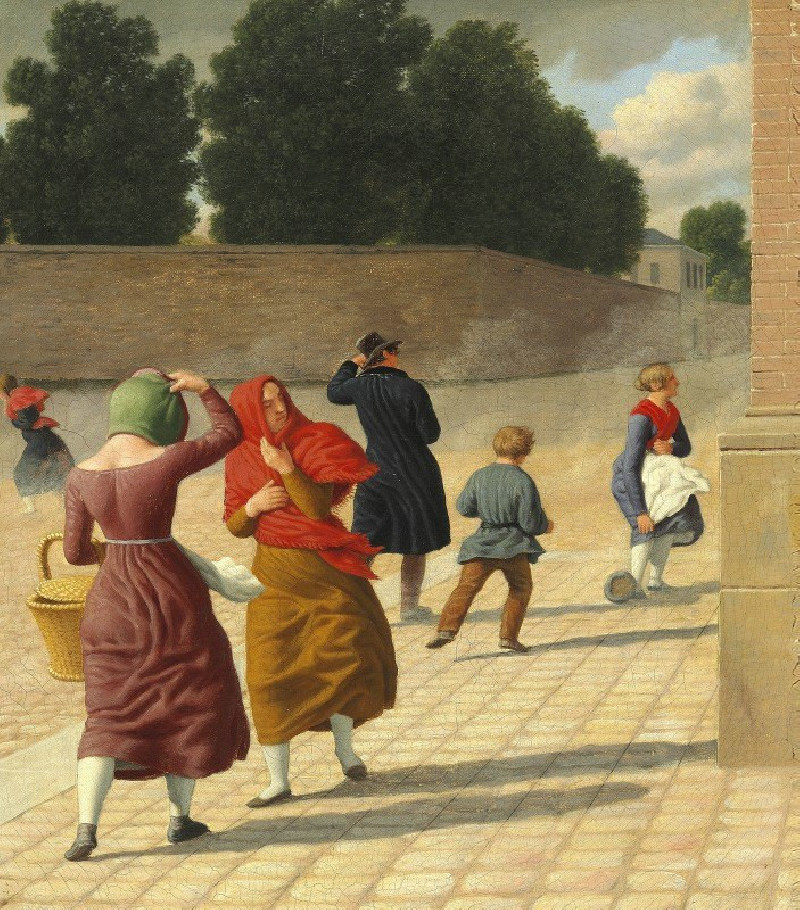Lion in the Desert (circa 1885)
Technique: Giclée quality print
Recommended by our customers
More about this artwork
Jean-Léon Gérôme's "Lion in the Desert" (circa 1885) captures a mesmerizing scene that transcends time with its evocative portrayal of solitude and nature. In this stunning painting, a solitary lion is depicted in a moment of repose, bending down to drink from a small pool of water, reflecting the harsh, yet beautiful desert environment around it. The contrast of the majestic lion against the serene and sparse landscape underscores the raw beauty and the quiet struggles of survival in the wild.The background features rugged mountains towering under a tranquil blue sky, punctuated by lush palm trees that hint at the sparse vegetation capable of surviving in such a stark region. The careful attention to detail, from the reflection of the lion in the water to the texture of the sandy and rocky ground, demonstrates Gérôme's skill in creating realistic and compelling naturalistic scenes.This painting not only showcases the artist’s mastery of light, color, and composition but also evokes a sense of the sublime, reminding the viewer of the vast, untamed, and often unforgiving nature of the wilderness.
Delivery
Returns
Jean-Léon Gérôme was a French painter and sculptor in the style now known as academicism. His paintings were so widely reproduced that he was "arguably the world's most famous living artist by 1880." The range of his oeuvre included historical painting, Greek mythology, Orientalism, portraits, and other subjects, bringing the academic painting tradition to an artistic climax. He is considered one of the most important painters from this academic period. He was also a teacher with a long list of students.



